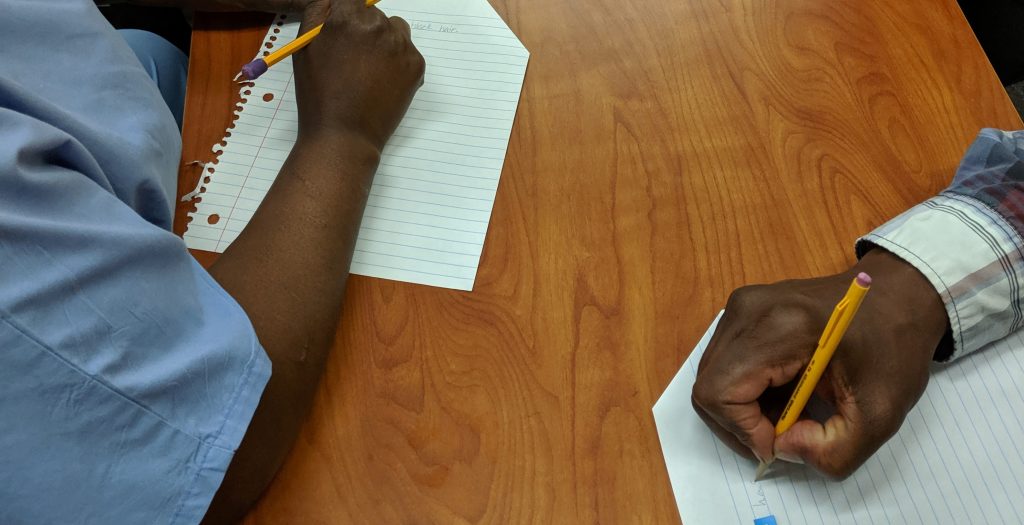By Kristin Parson
When most people hear the word literacy, they think about reading and writing. This is a reasonable association since literacy has traditionally been defined as the ability to read and write.
However, like most “traditional” ideas, the concept of literacy has continued to evolve as society progresses. In today’s media and technology driven world, the amount and type of information individuals are confronted with on a daily basis have become increasingly expansive.
Even if you only think about the first couple hours of your day, the range of information you are asked to process is surprising. Maybe you wake up and take a prescription, check email on your phone, browse or watch the news, and then make your way to work. Just in that short period of time you have exercised health, digital, and media literacy – meaning that you have the ability to not only read but interpret, evaluate, and apply new information in all of those contexts.
This is an ability most of us take for granted. Just as we think of the definition of literacy to be straightforward, we think of these fairly involved tasks as simple because for us they are routine. Unfortunately, that is not the reality for all adults. When literacy is redefined as the ability to use printed and written information to function in society, to achieve one’s goals, and to develop one’s knowledge and potential (as the National Center for Education Statistics has done), 21% of American adults are considered functionally illiterate.
As structures such as healthcare, finances, personal privacy, and technology become increasingly complex, this disparity has been magnified and adult literacy learners’ needs have grown. Consequently, our needs at The READ Center have also grown. To continue supporting adult literacy learners, we need volunteer tutors who can help our students develop the day-to-day skills we think of as commonplace. Because, ultimately, our daily routine might be someone else’s struggle.
The READ Center believes everyone needs and deserves a literate life. If you are reading this article, YOU have the power to help someone struggling with literacy. To learn more about becoming an adult literacy tutor, please visit https://readcenter.org/volunteer-opportunities/.
Kristin Parson is The READ Center’s Distance Learning Coordinator. Kristin taught in local school divisions at a variety of grade levels in person and remotely before joining READ in July 2020.


